Protecting your hearing can make a big difference in maintaining your hearing health.
Noise Exposure
About 25% of all hearing losses are caused by exposure to loud sounds (noise-induced hearing loss, or NIHL). Noise becomes potentially damaging at around 85 decibels (dB), especially if it is prolonged. At 100 dB, hearing can be permanently damaged within 15 minutes. Instantaneous hearing loss can occur when ears are exposed to sounds over 120 dB
As America’s most common cause of hearing loss, noise-induced hearing loss may be prevented with the use of hearing protection. The simplest forms of hearing protection are earplugs and ear muffs. Earplugs and ear muffs can be purchased in most stores that sell lawn and garden equipment or hunting supplies. Purchase the product that offers the greatest reduction in decibels.
Illness and Disease
Some illnesses and diseases can cause hearing loss. The most common causes are diabetes, high blood pressure, cardiovascular disease, measles, mumps, acoustic neuromas, meningitis, whooping cough, and rubella. If you become sick, seek immediate medical attention and tell your doctor if you experience any hearing loss-related symptoms.
Ototoxic Medication
Today, over 120 prescription medications have been identified as being ototoxic or are known to have a negative effect on your hearing. Many of these medications are prescribed for conditions unrelated to hearing, including certain chemotherapy drugs, diuretics, salicylate pain relievers, and antibiotics. Though the use of these medications may be unavoidable, there may be options that will not pose a risk to your hearing health. Speak with your doctor and pharmacist about your options, and see an audiologist immediately if you experience any symptoms of hearing loss.
Ear Injuries
Seek immediate medical attention for all injuries to the head, including your ears. To prevent accidental injury, avoid the use of cotton swabs to clean your ears, keep sharp objects away from and out of your ears, and use earplugs to prevent water from entering your ear canals when swimming, snorkeling, or diving.
Head or Neck Trauma
Head and neck injuries can cause damage to your hearing. The tissues and bones of the auditory system are very fragile and may become damaged as a result of the injury. If you suffer a head or neck injury, see an audiologist as soon as possible if you experience any symptoms of hearing loss. You can protect yourself from potentially dangerous situations by wearing a helmet when riding bicycles, skateboards, motorcycles, or snowmobiles, and the proper protective gear when participating in sports activities.
Questions?
Call us today at 541-382-3100 for scheduling at the Bend and Redmond Clinics. We can also help answer questions regarding insurance and what to expect for your appointment. We look forward to hearing from you!
Additional Ear Information
We're Here to Help.
If you are experiencing any ear, nose, or throat issues, contact us today!
